Keeping scholars with food allergies safe is as much about offering an allergen-free menu as it is about food handling, cleaning and preparation processes. Our allergen-free menu is offered to all our clients, with less than 100 meals being produced daily. The small quantity allows us to tightly monitor preparations and isolate those preparations from sources of contamination. Our detailed standard operating procedures minimize the potential of allergens from the regular daily meal cross contaminating foods for scholars with food intolerances and allergies.
Our procedures start with thorough training of all food service personnel. In our annual training prior to the start of each school year, we cover food preparation and service of scholars with food allergies. Certified Food Protection Managers who oversee each of our kitchens are further trained and tested on allergen protections. To get a glimpse at the extensive training resources we use, check out the Institute for Child Nutrition Food Allergy Resources and this video on allergen-free meal preparation in schools.
Minimizing Cross-Contamination
Each day, our Managers schedule the production/preparation of the allergen-free menu first, before allergens are introduced into the clean and sanitized prep areas. Where facilities exist, our allergen-free menu is prepared in a separate kitchen or work area altogether.
Before, during and after food preparation, surfaces, equipment (slicer blades, can openers, etc.), baking/cooking pans and utensils are all cleaned with a detergent solution, which deactivates the proteins that cause food allergies, and then sanitized to further minimize the possibility of contamination.
Daily Food Prep Involves Diligence
Prior to any cooking, our food service staff thoroughly reads all ingredient labels to confirm no allergens are present. Most ingredient labels list the eight major sources of food allergies: dairy, eggs, peanuts, tree nuts, wheat (gluten), soy, fish and crustacean shellfish. We also look for warning statements, such as “may contain,” “produced on shared equipment,” or “produced in a plant that uses,” which indicate cross contamination is possible. Foods with these warnings are not served to students with allergies. Our procurement team also checks labels for allergens each time a product is purchased.
Our cooks prepare the allergen-free meals as listed on the menu, with no substitutions. Prior to heating and service, our kitchen managers and cooks review and discuss all ingredients to confirm labels were reviewed and the meal is safe to serve.
_________________________
Related Post: Allergen-Free Menu Full of Flavor


